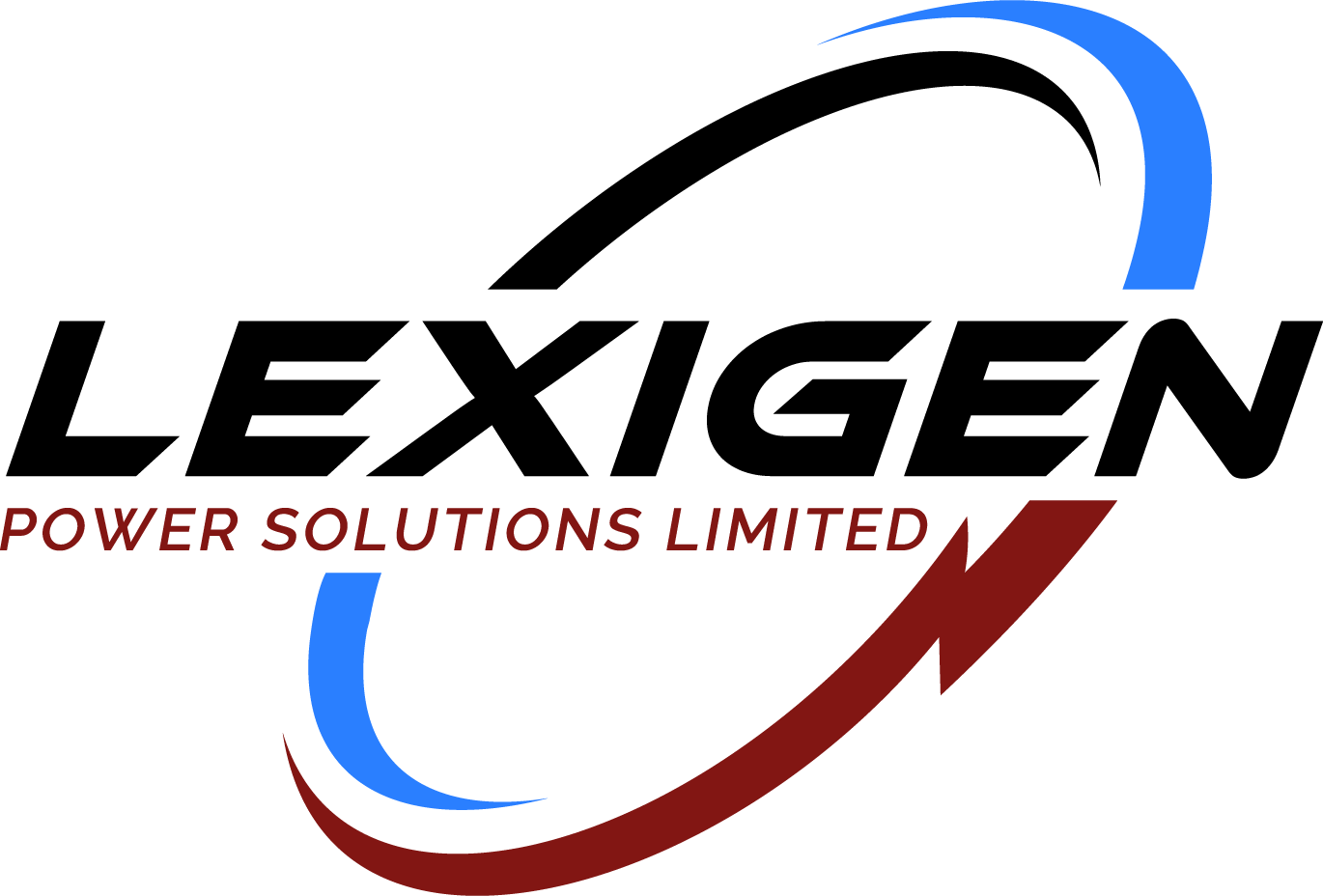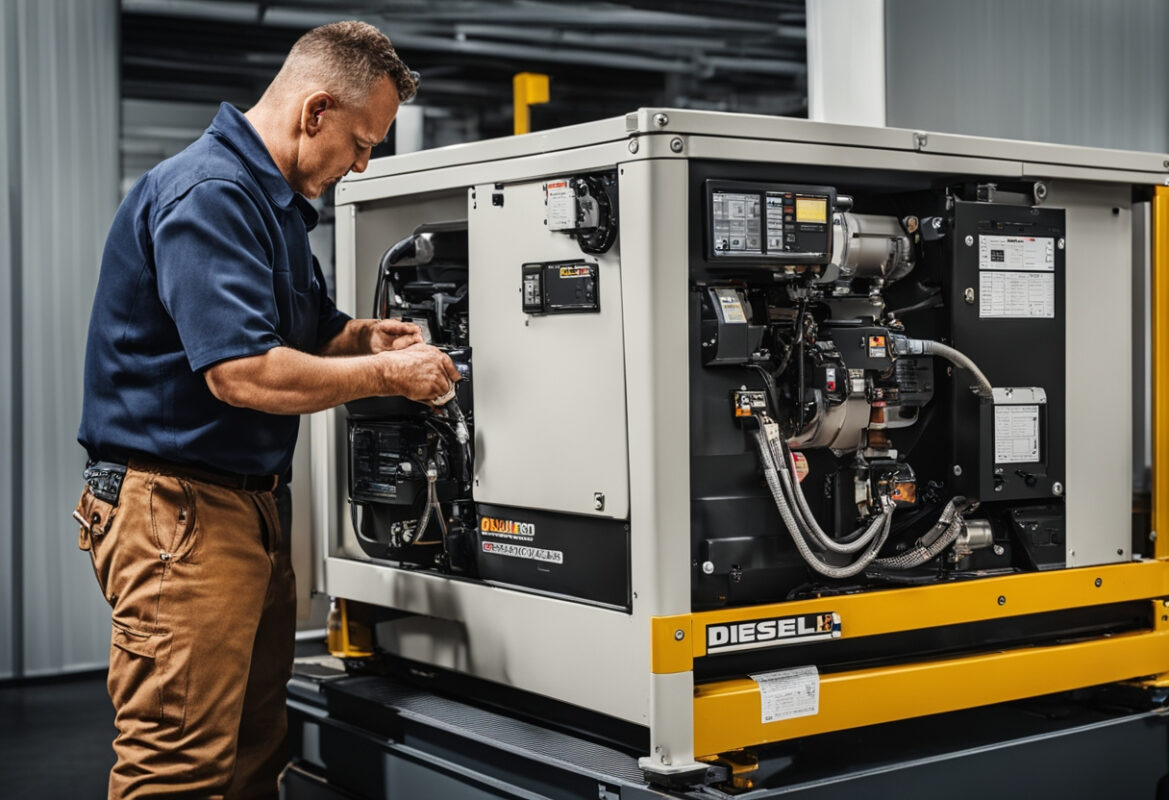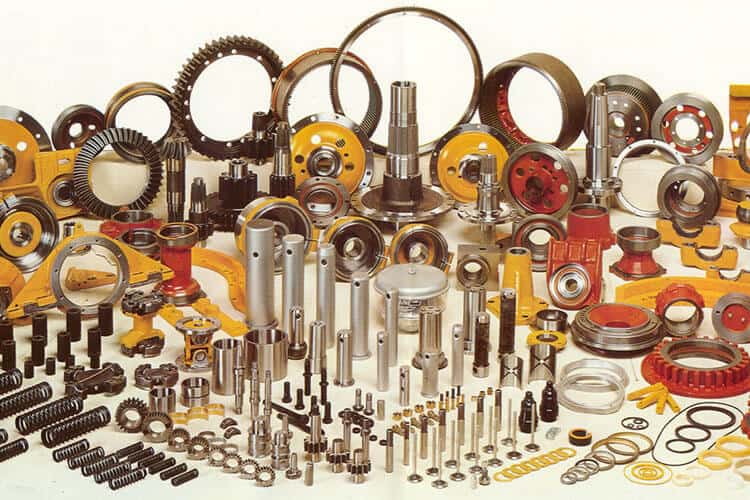Generators play an essential role in modern life, providing power when the grid is down. Choosing the best generator depends on your specific application requirements, and a key decision is whether to select liquid-cooled or air-cooled generators. Air-cooled generators dissipate heat using air, while liquid-cooled generators use a liquid – usually water or coolant to cool the engine and dissipate heat.
Benefits of Liquid-Cooled Generators
Liquid-cooled generators are typically larger and more powerful than air-cooled generators. They efficiently dissipate heat, allowing them to operate at higher temperatures and for longer periods. With larger mufflers, liquid-cooled generators produce less noise, making them quieter than their air-cooled counterparts. They are also more reliable, as they are less likely to overheat and suffer from thermal stress.
Benefits of Air-Cooled Generators
Air-cooled generators are typically smaller and less complex than their liquid-cooled counterparts. They are also less expensive, easier to maintain, and require fewer parts. Without the need to pump coolant through the engine, air-cooled generators are more fuel-efficient. Additionally, they are generally more portable and easier to move, making them ideal for use in remote locations.
How do Liquid-Cooled Generators Work?
Liquid-cooled generators use a closed system of coolant to cool the engine. A water pump circulates the coolant through the engine, absorbing heat as it passes through. The heated coolant is then pumped to a radiator, where air passing over the fins cools it. The cooled coolant is then circulated back through the engine, and the process repeats.
How do Air-Cooled Generators Work?
Air-cooled generators use a system of fans and fins to dissipate heat. The engine is surrounded by fins, which increase the surface area available for heat dissipation. Fans blow air over the fins, cooling the engine. Some air-cooled generators also use oil to cool the engine, further increasing their efficiency.
What are the applications?
Liquid-cooled generators are suitable for various commercial, industrial, and residential applications. They are typically used in large-scale settings such as construction sites, hospitals, data centers, and manufacturing facilities where continuous and reliable power is essential. Air-cooled generators on the other hand are commonly used for small-scale applications, such as powering event equipment, camping, recreational vehicles, and backup power for homes and small businesses.
The choice between a liquid-cooled or air-cooled generator depends on the specific needs of the user. Liquid-cooled generators, being larger, more powerful, and better at dissipating heat, are suitable for larger-scale applications that demand continuous and reliable power. On the other hand, air-cooled generators, being smaller, less complex, and more fuel-efficient, are ideal for small-scale applications. Ultimately, factors such as cost, efficiency, and reliability should be carefully considered when selecting a generator to meet your specific needs.
Contact LexiGen Power Solutions Limited for all your diesel generator and spare parts requirements.








